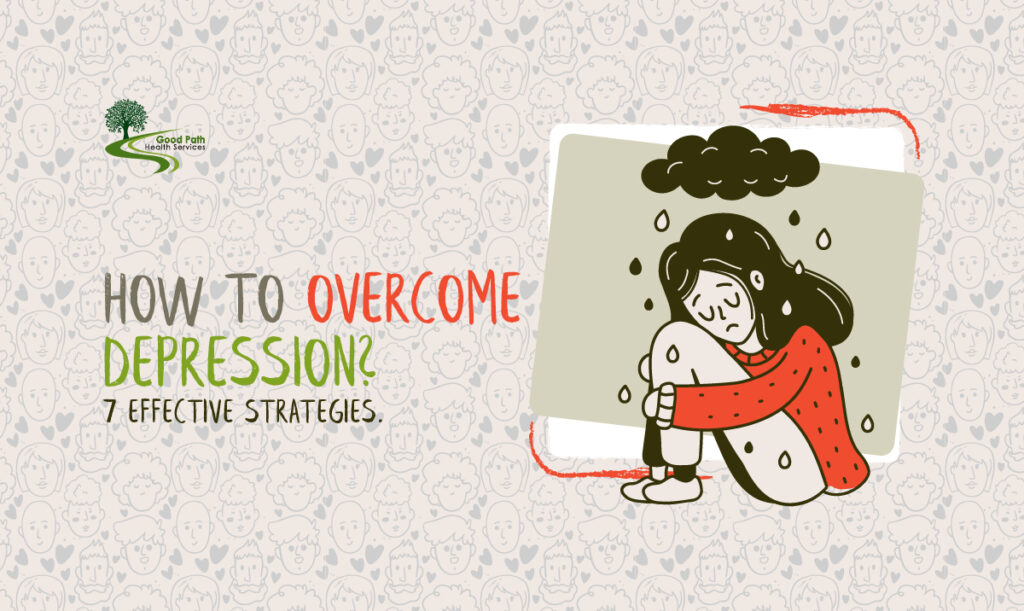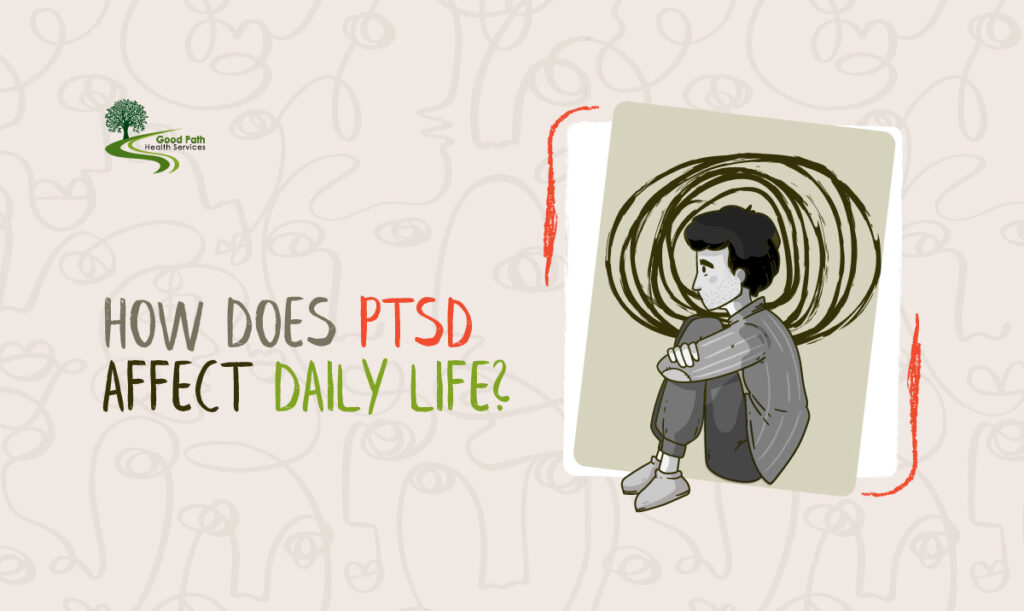
Performance anxiety may come off as a heavy burden stopping you from reaching your full potential.
It’s present when speaking in public, taking tests, or engaging in sports and can be awfully challenging.
However, don’t worry, breaking the cycle of performance anxiety is doable with the right methods.
Below we’ll talk about how to break the cycle of performance anxiety. We’ll provide advice and tactics to aid in defeating it and thriving under pressure.
What Is Performance Anxiety?
Getting anxious before or while performing, also known as “stage fright,” reflects the stress or worry one undergoes. This form of anxiety can reveal itself through symptoms like moist hands, fast pulse, or a looming sense of unease.
Recognizing what sparks these sensations is the first move to conquer them.
The Symptoms
Some common symptoms of performance anxiety include:
- Trembling or shaking
- Dry mouth
- Nausea
- Difficulty concentrating
- Increased heart rate
- Sweating
Know this: spot the signs of unease early. You can then get ahead of it and stop it from taking over.
How to Break the Cycle of Performance Anxiety
Here’s how to break the cycle of performance anxiety.
1. Practice and Preparation
The key to beating performance anxiety? Practice and prepare. The more you know your material or task at hand, the more sure you’ll feel.
Here’s how to practice well:
- Rehearse Regularly: Whether it’s a speech or a sport, practice regularly in conditions that simulate the actual event.
- Break It Down: Break your task into smaller chunks and conquer each one.
- Use Visualization: Imagine and visualize yourself doing great. This mental drill can lift your confidence and lower anxiety.
2. Relaxation Techniques
Relaxation techniques can soothe your brain and body, helping you concentrate better. Here are some useful ones:
- Deep Breathing: Deep breath exercises can cool down your nerves.
- Progressive Muscle Relaxation: This means making muscles tense, then slowly relaxing them
- Mindfulness and Meditation: Add mindfulness or meditation to your everyday routine. This may lower overall stress levels.
3. Positive Self-Talk
Positive self-talk plays a big role in shaping your attitude and easing worry. Switch any negative ideas with uplifting, powerful thoughts.
So, instead of thinking, “I’ll never be able to do this,” reassure yourself, “I am well-prepared and capable.”
4. Ask for Help
Don’t be shy about reaching out to loved ones or pros for backup. Sometimes, just voicing your worries can lighten the load. Also, being part of a support group or talking to a counselor can provide useful strategies and viewpoints.
Find a Professional
If stage fright is too intense and meddling with your everyday life, get professional intervention. Methods like Cognitive-behavioral therapy (CBT) and other treatments can give lasting calm from anxiety symptoms.
Take Action with Good Path Health Services
At Good Path Health Services, we realize the severe impact of performance anxiety. With our custom plans and professional advice, you can escape that anxiety cycle and tap into your own greatness.
Don’t allow anxiety to stop you—get it touch with us today.
Discover the chances and permit Good Path Health Services to lead you towards an uplifting, fearless future.
Resources
FAQs
How to break the cycle of performance anxiety?
You can break the cycle of performance anxiety by addressing the root causes through techniques such as cognitive-behavioral therapy, mindfulness practices, and developing a realistic perspective on performance expectations.
How can I manage work performance anxiety?
Managing your time effectively, getting assistance from coworkers or experts, and keeping a balance between work and life can be a solution.
Is meditation for performance anxiety affective?
It sure is. Meditation eases anxiety by promoting relaxation and focus, and decreasing stress. Regular practice leads to a peaceful mind and enhanced performance when under pressure.
What’s the ultimate guide to performance anxiety?
A complete look at performance anxiety would cover thorough strategies. These would include mind-based solutions, changes to your daily routine, and hands-on advice to manage and overcome worry.
Performance-impairing anxiety is most closely associated with?
It’s often linked to fears of criticism, putting too much pressure on yourself, and remembering bad past situations.
Does performance anxiety go away?
Yes, performance anxiety can shrink over time with the correct strategies and support. Regular practice, therapeutic methods, and learning to handle stress are helpful.
How can I reduce my performance anxiety naturally?
You can do it by practicing mindfulness, doing exercises regularly, eating a balanced diet, and sleeping enough. Deep breathing and picturing positive outcomes can help as well.
What is the root cause of performance anxiety?
Performance anxiety often stems from a fear of judgment, failure, or not meeting personal or external expectations. It can be influenced by past experiences, personality traits, and high levels of stress or pressure.
What is music performance anxiety?
Stage fright, or music performance anxiety, happens to musicians just before they play to a crowd. It causes intense feelings of nervousness and frightening thoughts. This can sometimes negatively affect a musician’s performance.



